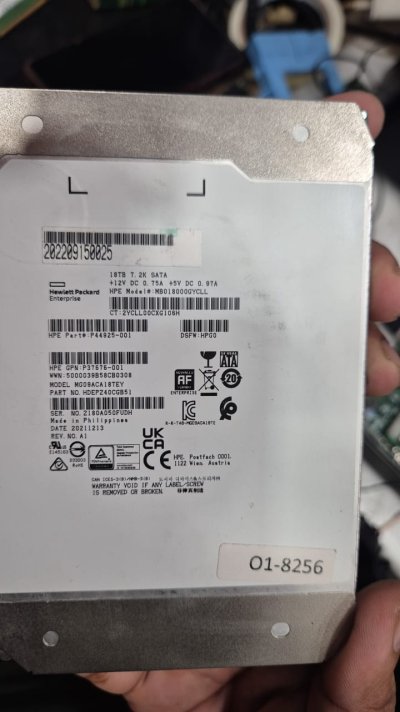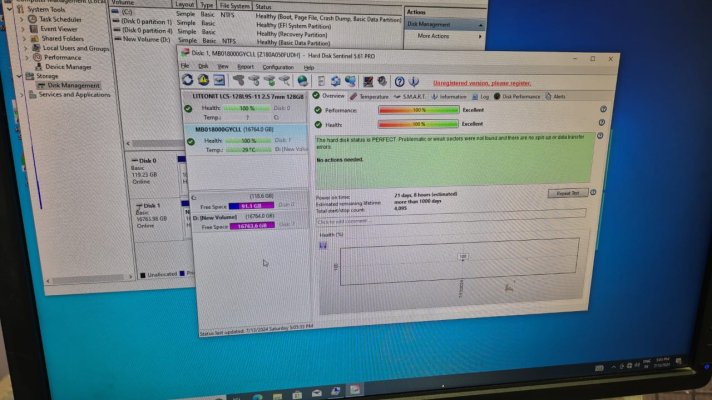there are many, it's common knowledge that the USB interface is not as reliable as SATA or NVME.OT, but could you please point me to a few sources or explain why?
My reddit searches only talk about the end user being stupid or careless and not about the interface itself. I'm currently running such a setup and hence wondering.
Thanks.
Source 1: https://www.truenas.com/community/threads/external-usb-bays-a-good-idea-or-a-bad-idea.116403/
Source 2: ChatGPT
Source 3: https://forums.truenas.com/t/why-you-should-avoid-usb-attached-drives-for-data-pool-disks/1499
TLDR If you are using the enclosure and HDD inside it as just a disk with data i.e. no RAID of any kind, and manually backing it over to another disk. You should be fine with using USB Enclosures for storing your data and making it available on the network. but if you want to do a RAID or ZFS or whatever anything that requires maintaining parity on multiple drives then you should be looking at a NAS or DIY solution and not USB enclosure.




